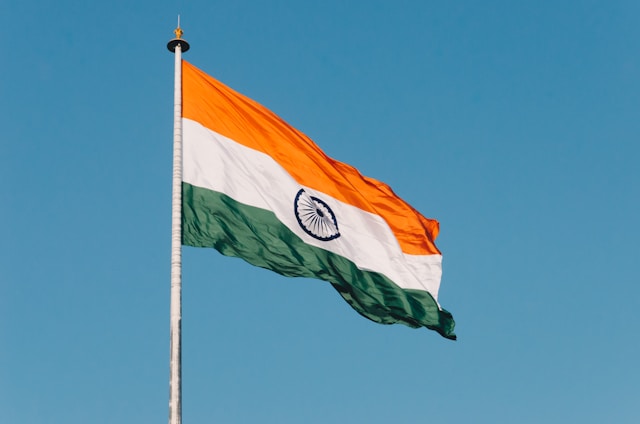In recent decades, India has emerged as a significant player on the global stage, transitioning from a regional power to a key player in international affairs. This transformation has been driven by various factors, including its large and growing economy, strategic geographical location, demographic dividend, and diplomatic initiatives. In this article, we will delve into India’s rise as a major world power, examining its advantages, disadvantages, and the overall impact on the current geopolitical system.
Advantages of India’s Rise
- Economic Growth: India’s economy has experienced substantial growth over the past few decades, becoming one of the fastest-growing major economies globally. This growth has been fueled by various sectors such as information technology, pharmaceuticals, manufacturing, and services. As a result, India has attracted significant foreign investment and has become a hub for global businesses.
- Demographic Dividend: With a large and youthful population, India possesses a demographic dividend that presents both challenges and opportunities. While it needs to create employment opportunities for its youth, the demographic dividend also means a vast workforce that can contribute to economic growth and innovation.
- Strategic Geopolitical Location: India’s geographical location gives it strategic importance in global affairs. It serves as a bridge between East and West, connecting the Indian Ocean region with the Asia-Pacific. This strategic position has led to India being actively involved in regional cooperation, maritime security, and trade partnerships.
- Diplomatic Outreach: India has pursued a proactive foreign policy, engaging with major powers, neighboring countries, and international organizations. Its diplomacy focuses on promoting peace, stability, and economic cooperation in the region and beyond. Initiatives like the Act East Policy, partnerships with ASEAN, and participation in forums like BRICS demonstrate India’s growing diplomatic footprint.
Disadvantages and Challenges
- Infrastructure Deficit: Despite significant progress, India still faces challenges in infrastructure development, including transportation, energy, and urban infrastructure. These deficits can hinder economic growth and competitiveness.
- Social Inequality: India grapples with social disparities, including income inequality, access to education, healthcare, and basic amenities. Addressing these disparities is crucial for sustainable development and inclusive growth.
- Security Concerns: India faces security challenges, including border disputes, terrorism, and regional instability. Managing these security threats while maintaining peace and stability is a complex task for Indian policymakers.
- Environmental Sustainability: Rapid economic growth has also led to environmental challenges such as pollution, deforestation, and climate change impacts. Balancing economic development with environmental sustainability is a pressing issue for India.
Impact on the Geopolitical System
India’s rise as a major world power has significant implications for the global geopolitical landscape:
- Multipolar World Order: India’s emergence adds to the trend of a multipolar world, where power is more distributed among several major players. This shift from a unipolar or bipolar world order brings both opportunities for cooperation and challenges of managing diverse interests.
- Balancing Power Dynamics: As a major power in Asia, India plays a crucial role in balancing power dynamics in the region. Its relationships with other powers like the United States, China, Russia, and regional neighbors influence regional stability and security architecture.
- Economic Integration: India’s economic growth and market potential contribute to global economic integration. It is a key member of international trade agreements, forums like G20, and initiatives promoting economic connectivity such as the Belt and Road Initiative (BRI).
- Soft Power and Cultural Influence: India’s rich cultural heritage, soft power assets like Bollywood, yoga, Ayurveda, and its global diaspora contribute to its influence beyond traditional power metrics. Cultural diplomacy enhances India’s image and fosters people-to-people ties globally.
In conclusion, India’s rise as a major world power brings a mix of advantages, challenges, and complexities. Its economic growth, demographic dividend, strategic location, and diplomatic initiatives position it as a key player in shaping the current geopolitical system. However, addressing internal challenges, promoting inclusive development, and navigating complex global dynamics will be essential for India to realize its full potential and contribute positively to the global order.


